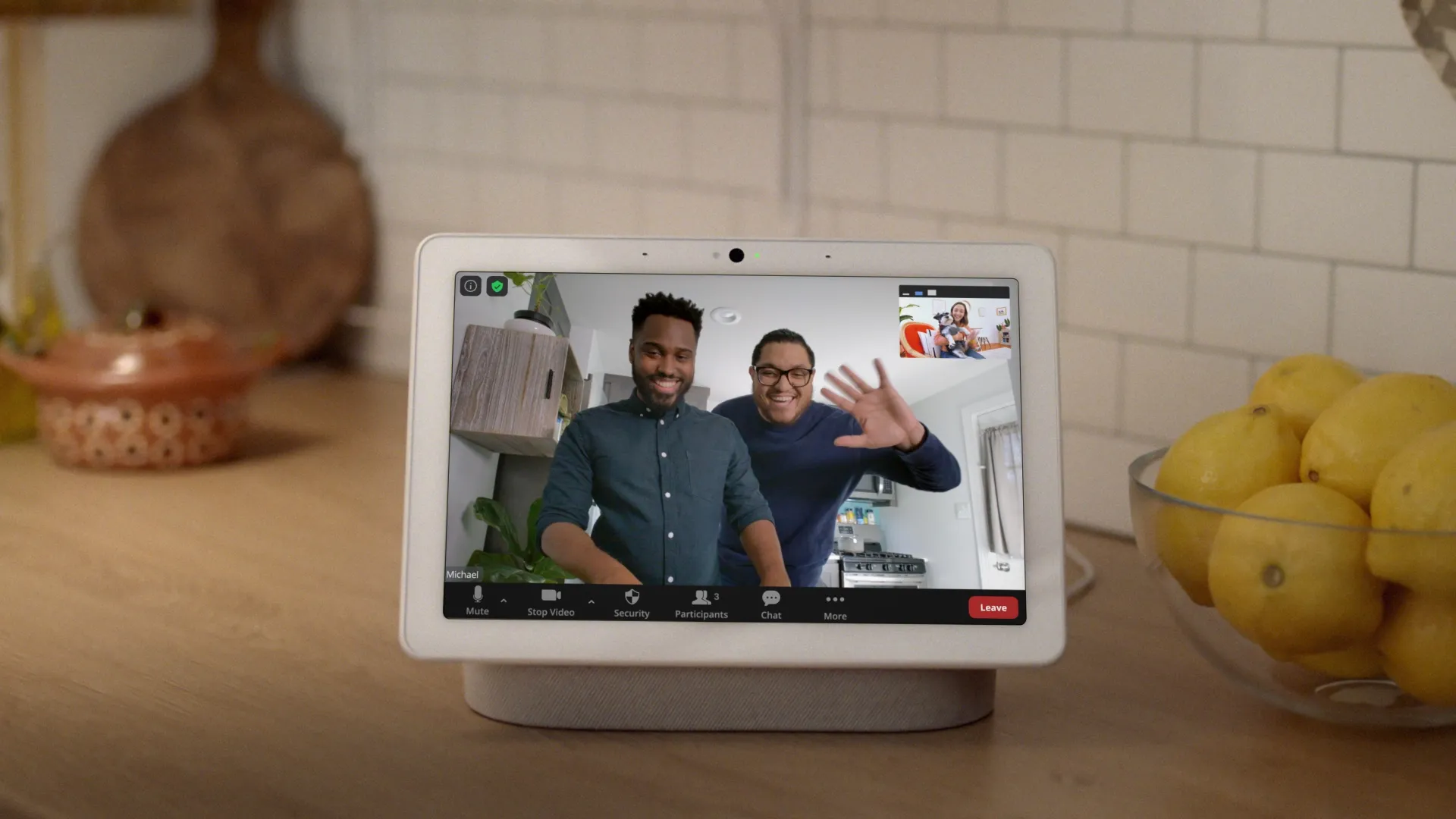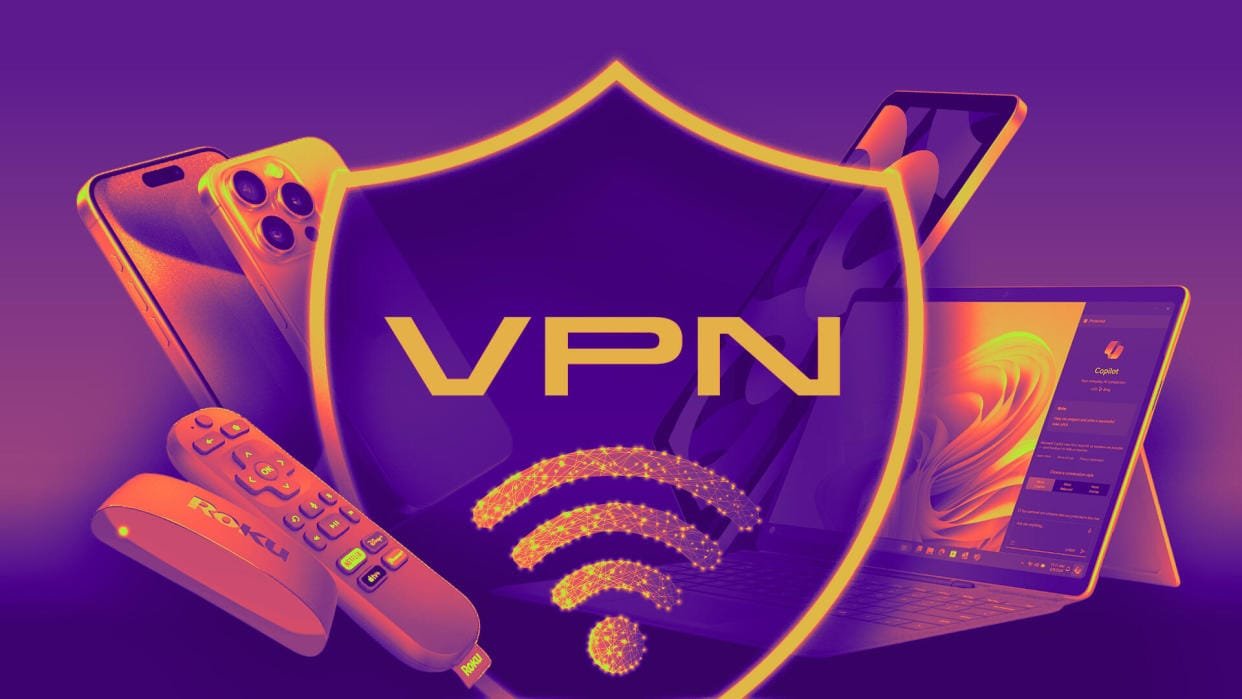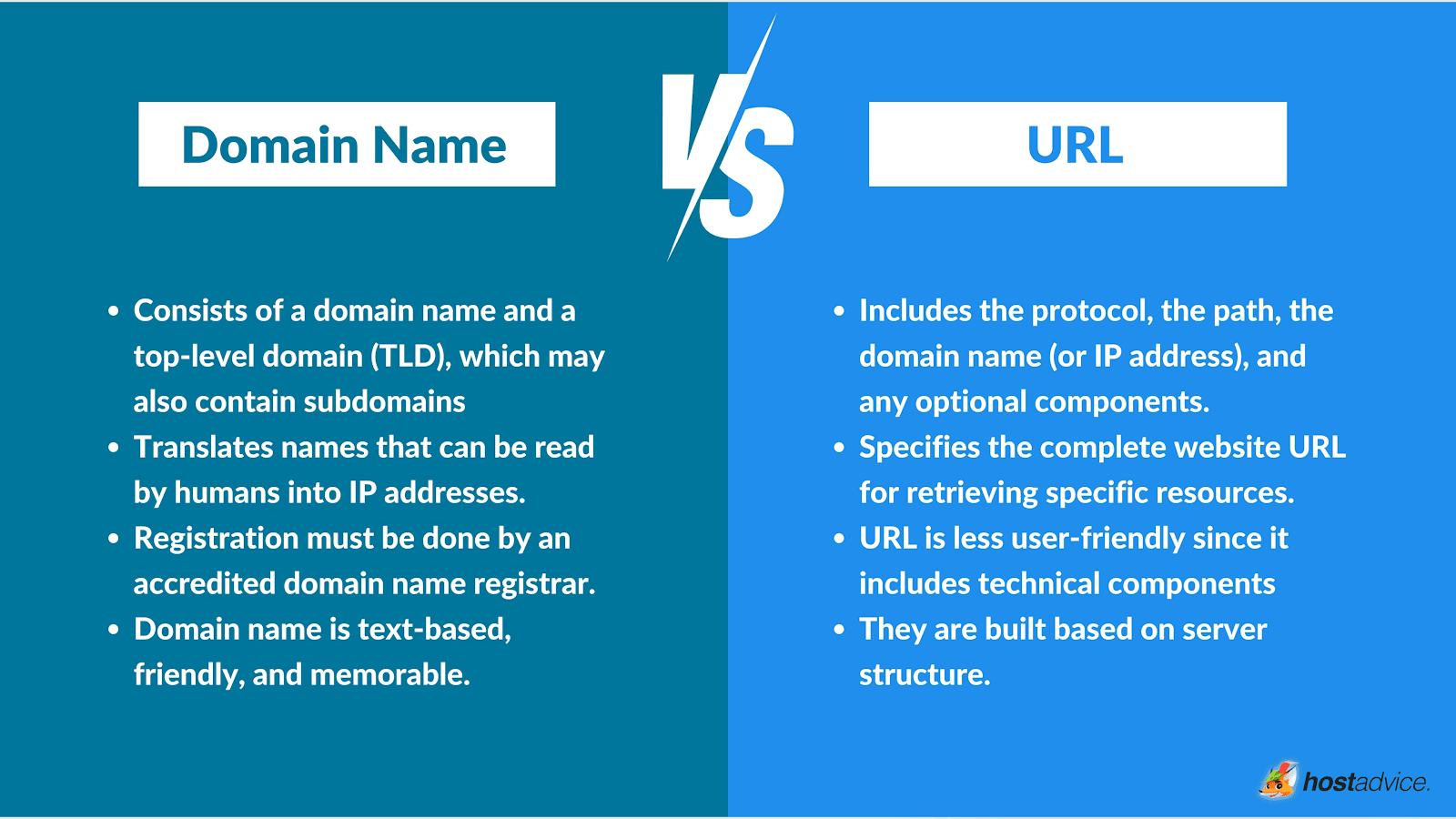At first glance, picking a printer seems straightforward. But once you start exploring the features, the process can quickly become overwhelming. Do you just need a basic model for printing, or are scanning and copying essential? Do you require faxing capabilities? How do you decide between inkjet and laser options? And what separates a $100 printer from a $500 one? These are common challenges, but there’s no need to stress—this guide is here to help.
Drawing on decades of experience reviewing home and office printers, I’ve evaluated countless models based on key factors like image quality, design, ease of use, ink or toner cost, and overall value. I put each printer through rigorous, standardized testing to ensure performance accuracy. Here, I’ll introduce you to the current top pick for most people—the Brother MFC-J4335DW—and other excellent models tailored for more specific needs. You’ll also find a breakdown of their strengths and weaknesses, along with essential tips to guide you in choosing the best printer for your situation.
Our Must Have Printers

Best All-in-One Home Printer for Most Users
Brother MFC-J4335DW
$179.99 at BestBuy

Best Ink Tank Printer for Business
Epson EcoTank Pro ET-5850
$599.99 at BestBuy
The Printer Deals This Week
- Epson – EcoTank ET-2850 All-in-One Supertank Inkjet Printer — $199.99 (List Price $349.99)
- Canon – imageCLASS MF654Cdw Wireless Color All-In-One Laser Printer— $249.99. (List Price $399.99)
- HP – OfficeJet Pro 8135e Wireless All-In-One Inkjet Printer — $154.99 (List Price $224.99)
- HP – LaserJet Pro MFP 3301sdw Wireless Color All-in-One Laser Printer — $359.99 (List Price $449.99)
- Epson – EcoTank ET-2850 All-in-One Supertank Inkjet Printer — $199.99 (List Price $349.99)
*Deals are selected by our sales team
Brother - INKvestment Tank MFC

Best All-in-One Home Printer for Most Users
NordVPN remains the top VPN we’ve tested, delivering industry-leading privacy, unblocking all streaming sites in our tests, and offering some of the fastest connection speeds around. The two-year plan averages $2.99 per month (paid as $80 upfront, with three extra months free), plus it includes a 30-day money-back guarantee—perfect for testing it out risk-free.
NordVPN has established itself as a leader in the VPN industry, and my in-depth review confirms that its reputation is well deserved. Compared to major competitors, NordVPN has a longer-standing commitment to privacy than Surfshark and offers more features at a lower price point than ExpressVPN.
With over 6,400 servers across 111 countries, NordVPN ensures fast connections wherever you are. This year, it expanded its server locations, matching services like Proton VPN and ExpressVPN. You’ll typically connect using Nord’s NordLynx protocol, an optimized version of WireGuard known for speed and stability. In recent tests, it nearly maxed out our 1 Gbps connection at over 950 Mbps, making it one of the fastest VPNs available. While OpenVPN speeds are lower, averaging 170 Mbps, most users will rely on NordLynx and experience little to no slowdowns.
Security features include split tunneling, AES-256 encryption, an effective kill switch, and advanced options like Onion over VPN and Double VPN for added security. These extra layers may be overkill for typical users but offer additional peace of mind for those seeking maximum protection.
NordVPN’s interface, with its map-based layout, has pros and cons. It works well on larger screens but can feel cramped on mobile, making it slightly less intuitive for beginners compared to ExpressVPN. That said, NordVPN is compatible with a wide range of devices, including smart TVs, Fire TV Sticks, and mobile devices, making it highly versatile.
One standout feature is Meshnet, which lets users link devices worldwide through encrypted NordVPN connections, creating a secure, virtual network. This feature has evolved over time, now enabling file sharing, virtual networks of up to 60 devices, and mobile traffic routing through a home PC—all for free, with no subscription required.
For streaming, NordVPN excels, unblocking popular services like Netflix (in multiple regions), BBC iPlayer, Amazon Prime Video, and Disney+. If streaming is your primary goal, Surfshark offers similar performance at a lower price.
The basic NordVPN plan includes unlimited VPN access, Threat Protection Lite, which blocks malware and phishing links, and Meshnet. Higher-tier plans add features like a password manager, data breach scanning, Threat Protection Pro, encrypted cloud storage, and cyber insurance. Notably, Threat Protection Pro, recently certified by AV-Comparatives as an anti-phishing tool, excelled in our tests, blocking 87% of phishing and 79% of malware sites.
Though some advanced features like Threat Protection Pro aren’t part of the base plan, NordVPN’s affordable pricing lets you customize your package. With a 30-day money-back guarantee and frequent promotions, NordVPN is an elite service and arguably the best VPN available today. While not perfect, it comes closer than any competitor.
Pros
- Excellent focus on security
- Impeccable streaming performance
- NordLynx delivers incredible speeds
- Tons of servers
- Threat Protection Pro is very useful
Cons
- Interface is a little complex
Surfshark VPN
Best Value VPN

Now our #2 ranked VPN, Surfshark is the top pick for budget-friendly privacy protection. Starting at just $1.99 per month ($55 upfront with four months free), it’s more affordable than NordVPN and nearly matches it in features. The apps are polished, connection speeds are excellent, and it’s highly effective at unblocking streaming sites. Plus, Surfshark offers a 30-day money-back guarantee, letting you try it out risk-free.
If you’re after a high-quality VPN that performs well beyond its price, Surfshark is your answer. This guide ranks VPNs based on quality, not cost, so seeing an affordable service like Surfshark at #2 is impressive.
In our latest review, we found Surfshark continuing to innovate. A previous minor issue with the kill switch has been fully resolved, placing it on par with NordVPN and ExpressVPN. Surfshark’s solid performance across the board has pushed it ahead of ExpressVPN in our rankings.
Just like NordVPN, Surfshark’s speeds remain fast and consistent, maxing out our test connection at over 950 Mbps using WireGuard. Remarkably, it reached similar speeds with OpenVPN—a rare feat. If you prefer OpenVPN, Surfshark is a standout choice.
Surfshark also excels at streaming, unblocking every service we tested on the first try. For its price, it’s an incredible value, unlocking a range of content.
Additional features like MultiHop and Nexus show Surfshark’s commitment to advancing VPN tech. Nexus, for example, routes traffic through an entire server network, not just a single tunnel. This decentralization adds a unique layer of security, while IP Rotator changes your IP every 15 minutes, and the upcoming IP Randomizer will switch your IP with each new site visit.
Surfshark’s unlimited device policy sets it apart, allowing you to protect countless devices on a single plan. It’s also one of the few Linux VPNs with a GUI interface, making it accessible for Linux users.
Alternative ID is another valuable tool, allowing you to create spoof email addresses and aliases that forward to your main inbox, which can be deleted anytime—ideal for newsletter sign-ups or online selling. Surfshark’s Chrome extension now even autofills forms with your Alternative ID, adding convenience. The new Alternative Number feature creates a spoof phone number, perfect for online listings to keep your real number spam-free.
For an affordable VPN, Surfshark packs a punch, and any minor trade-offs are easily outweighed by its performance and features.
Pros
- Unlimited devices supported
- Alternative ID is useful and unique
- Great value
- Super fast and excellent for streaming
Cons
- Steep price hikes after first term
Best for Artists and Note-Takers

Samsung Galaxy S24 Ultra
$1,299.99 at Best Buy
Pros
- Fast, smooth performance
- Excellent cameras
- Long battery life
- Useful Action button
- USB-C connectivity opens up new features
- Lighter than previous Pro Max
Cons
- Expensive
- Big
Best Midrange Android Phone
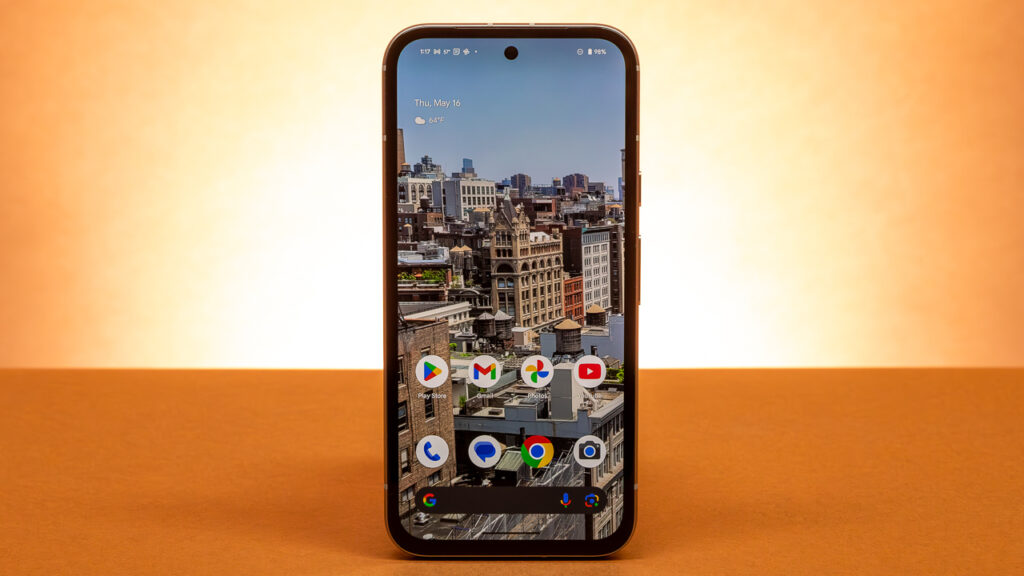
Google Pixel 8a
$1,299.99 at Best Buy
Pros
- Fast, smooth performance
- Excellent cameras
- Long battery life
- Useful Action button
- USB-C connectivity opens up new features
- Lighter than previous Pro Max
Cons
- Expensive
- Big
Best Midrange Android Phone

Google Pixel 8a
$1,299.99 at Best Buy
Pros
- Fast, smooth performance
- Excellent cameras
- Long battery life
- Useful Action button
- USB-C connectivity opens up new features
- Lighter than previous Pro Max
Cons
- Expensive
- Big
EXPRESSVPN
Best VPN for ease of use
ExpressVPN now ranks #3 but remains an outstanding VPN, designed to make online security as easy as possible. New users will find the app’s simplicity and reliable streaming unblocking invaluable, while advanced, industry-leading privacy tech ensures robust protection behind the scenes. ExpressVPN comes at a premium, starting at $5.32 per month ($143 upfront, with three months free). Like NordVPN and Surfshark, it offers a 30-day money-back guarantee, letting you test it risk-free.
ExpressVPN focuses on two key priorities: top-notch privacy and user-friendly applications. We rate it as the best VPN for beginners, and recent updates have improved some critical areas, as seen in our latest review.
The stats are solid—over 3,000 servers in 160 locations across 105 countries, with features like a kill switch, split tunneling, and obfuscated servers. While other providers like Proton and NordVPN have more servers, ExpressVPN’s choice to invest in fewer, high-quality servers ensures dependable performance, with especially strong coverage across Asia.
ExpressVPN uses AES-256 encryption alongside OpenVPN and its proprietary Lightway protocol, which reaches impressive speeds of 900 Mbps. Following updates to our testing methods, we saw ExpressVPN’s speed results increase significantly, resolving previous concerns.
TrustedServer technology adds another layer of privacy, ensuring ExpressVPN’s RAM-only servers retain no data about your activity. A recent update also added a long-requested kill switch for iOS, making it the best VPN for iPhone.
For users aiming to bypass geo-restrictions, ExpressVPN is excellent, successfully unblocking Netflix, BBC iPlayer, Disney+, Amazon Prime, and global regional channels. Some minor issues arose with Australian and Japanese Netflix, but generally, it’s very reliable for streaming.
While ExpressVPN lacks NordVPN’s extensive suite of extras like Meshnet, Threat Protection Pro, and data breach monitoring, it includes Keys, a free password manager, and offers consistent ease of use across all devices. The price, especially with the two-year plan, is higher than NordVPN or Surfshark, so it may be harder to justify unless simplicity and privacy are essential.
Customer support is also stellar, with 24/7 live chat staffed by knowledgeable agents and detailed help articles on the website.
Overall, ExpressVPN remains an impressive choice for those prioritizing straightforward use and security, making it well worth the premium price for users who value these features most.
Pros
- Rock-solid privacy features
- Apps are incredibly easy to use
- Superb for torrenting
- Class-leading 24/7 support
Cons
- Expensive
- Few extra features compared to NordVPN
Proton VPN
Best VPN for Privacy

Jumping up to fourth place in our rankings, Proton VPN is now competing closely with Nord and Surfshark in terms of features, though it comes at a slightly higher price. Starting at $3.59 per month (two-year plan at $86.11 upfront), Proton VPN includes an extensive toolset appealing to small businesses and freelancers, such as secure document storage, email, calendar, password management, and even a crypto wallet. It’s an ideal choice for businesses looking to cut costs without compromising on privacy and security. For most users, however, we’d still recommend the top-ranked options above.
Swiss-based privacy provider Proton may be best known for Proton Mail, but in our latest review, Proton VPN has climbed to #4 in our rankings, surpassing Private Internet Access (PIA). This VPN’s impressive speeds and comprehensive privacy features put it right up there with top contenders like NordVPN and Surfshark.
In testing, Proton VPN consistently achieved speeds over 950 Mbps on WireGuard, matching NordVPN and Surfshark and comfortably outperforming PIA and ExpressVPN. Using OpenVPN (necessary for Stealth Mode), speeds reached up to 220 Mbps—still fast, though slightly behind Surfshark and PIA.
Proton VPN’s strong encryption and zero-logging policy make it a top choice for those prioritizing online privacy. As of July 2024, Proton has passed its third no-logs audit, reinforcing its commitment to user protection. The VPN also offers unique Secure Core servers, located in secure, privacy-friendly locations, which can further enhance anonymity by routing traffic through these locations before reaching your destination.
Proton’s Unlimited plan is a bonus, providing the entire privacy suite—Proton Mail, Proton Drive, and Proton Calendar—at a reasonable $9.99 per month, making it a strong value for users who want a comprehensive privacy package.
Proton VPN also excels in unblocking streaming sites, including Netflix, BBC iPlayer, Disney+, and Amazon Prime. In addition, it supports free and open internet access globally. For instance, its partnership with Deutsche Welle allows free users to connect to dedicated servers to access unbiased news—a critical tool for those in countries with restricted media like China or Russia.
While Proton VPN has broad appeal, it’s not without limitations. P2P support is available but limited to certain servers, though Proton will automatically redirect P2P traffic to compatible servers. While pricing has dropped recently, Proton remains on the pricier side, though a two-year plan provides a decent deal with 10 simultaneous connections.
Proton VPN is clearly on an upward trajectory, with developers continuously enhancing its capabilities. Given its robust privacy features and commitment to open access, Proton VPN is a top-tier choice we can confidently recommend.
Pros
- Privacy-focused
- Excellent for streaming
- Apps are stable and powerful on all platforms
- Massively increased server fleet
Cons
- Support site is complex
- Apps suit experts more
Buying Guide: The Best VPN Provider for 2024
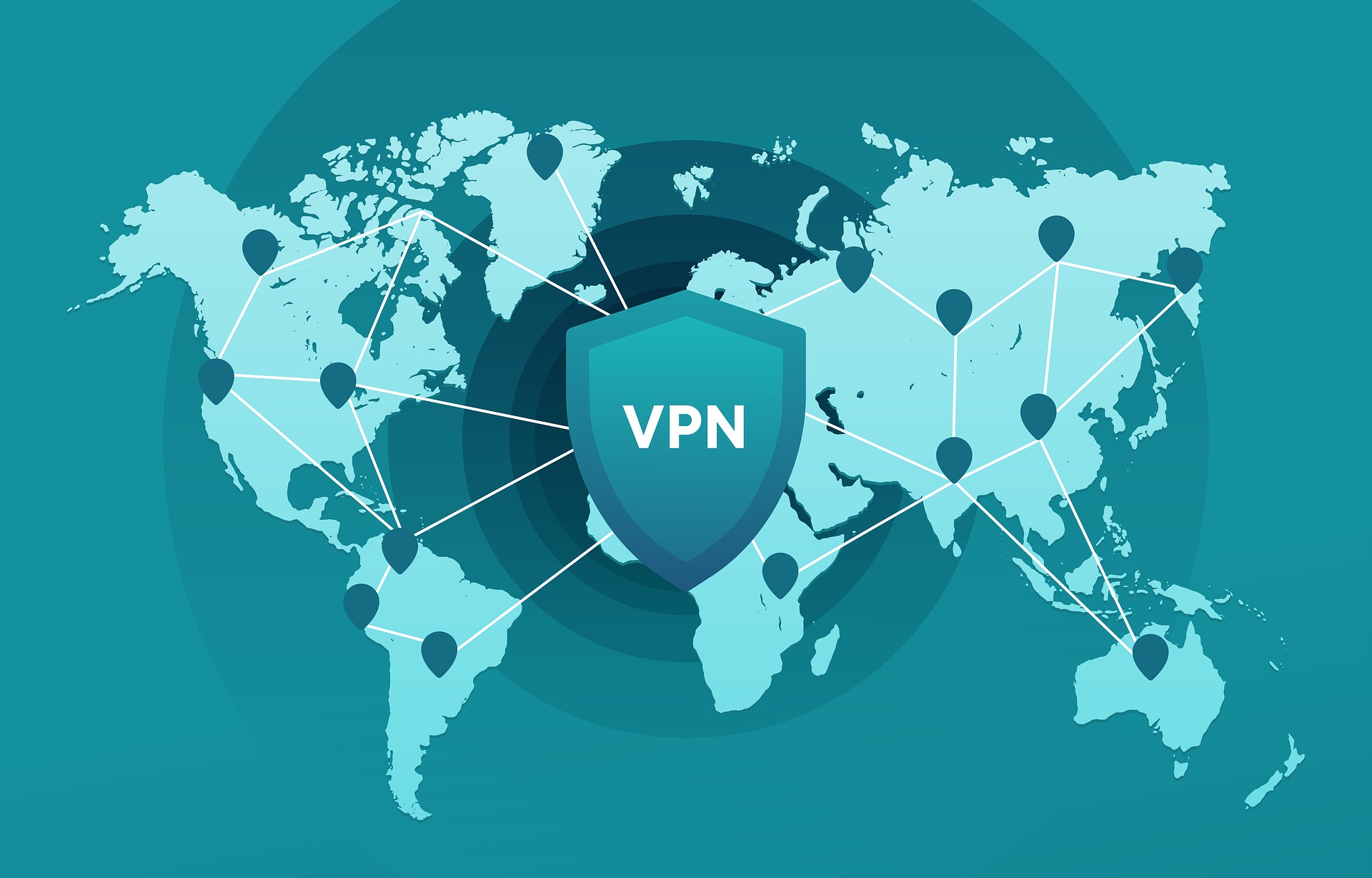
Is a VPN Worth Getting?
The short answer is yes. A VPN is a straightforward way to protect your online privacy and can help you bypass unnecessary internet restrictions. While no VPN service is flawless and there may be times when using one isn’t essential, it’s undeniably a valuable tool for data privacy—worth keeping in your personal security toolkit.
Why Do I Need a VPN?
A VPN routes your internet traffic through an encrypted connection to a server managed by the VPN provider. From there, your data is released onto the web as usual. If you’re visiting HTTPS-secured websites, your data remains encrypted even after it leaves the VPN, enhancing your online privacy.
Think of it like this: when you drive your car from home, someone could easily follow you, see where you go, how long you stay, and when you return. They might even catch glimpses inside your car. A VPN acts like a private tunnel—you drive into it, exit at a secure location, switch to a different car, and drive off. Anyone trying to track you loses sight of where you went, keeping your activity private.
Using a VPN means that no one on your network can see what you’re doing online. This is especially valuable on public Wi-Fi networks, which are convenient but also easy targets for attackers. For instance, how do you know if “starbucks_wifi-real” is really the coffee shop’s network? A popular prank among security researchers is to set up a network with the same name as a popular free Wi-Fi service and see how many devices connect automatically.
Even if you trust public networks, trusting your internet service provider (ISP) is another matter. In the US, ISPs have considerable visibility into your online activity, and recent legislation allows them to sell anonymized browsing data. This practice can feel invasive, especially since you’re already paying for the service. A VPN, however, prevents your ISP from tracking your online behavior.
Another benefit of a VPN is that it hides your actual IP address behind the VPN server’s address, making it difficult to trace your activity back to you. Even determined trackers find it challenging to identify your specific traffic among the other users on the VPN server.
Masking your IP address also helps obscure your location. This lets you connect to VPN servers in other areas to spoof your location, which can be beneficial in various situations.
It’s crucial to remember that if your VPN connection drops, so does your privacy protection. To address this, most VPNs include a kill switch that disconnects your internet if the VPN drops, safeguarding your data. However, kill switches are generally disabled by default, so it’s worth turning yours on when setting up your VPN—or, at the very least, learning how it works and enabling it when privacy is paramount. You can find more details in our kill switch explainer.
What Can’t VPNs Do?
While VPNs offer valuable privacy protection, they’re not a cure-all for online threats. A VPN won’t protect you if you download malware, fall for phishing, or accidentally share sensitive information. For full security, we recommend using antivirus software, enabling multi-factor authentication, and relying on a password manager to secure unique passwords for each site and service.
Some VPNs add security by offering their own DNS resolution. DNS translates URLs into IP addresses, and attackers can exploit it for tracking or redirecting users to fake websites through DNS poisoning. A VPN’s DNS service provides an extra layer of protection by preventing prying eyes from intercepting your online requests.
However, the value of VPNs is debated among experts. Many sites use HTTPS, which already encrypts your activity, and services like Cloudflare 1.1.1.1 offer secure DNS, reducing the need for VPNs. Even so, VPNs add security for data that HTTPS doesn’t cover, create a buffer between users and online infrastructure, and make it harder for anyone to track your online activity.
It’s worth noting that some industries, such as banking, can be wary of VPNs. Logging into your account from what appears to be another location might trigger alerts, as fraudsters often use VPNs to hide their origin. You may encounter captchas, more frequent multi-factor authentication, or, in some cases, temporary account blocks.

What Is the Best Free VPN?
Several reliable VPNs don’t require payment, but all come with limitations. Free VPNs we’ve tested often restrict data, limit connections, or offer only a few servers. Choosing the best free VPN means balancing these trade-offs. For example, Windscribe gives you access to any server on its network but caps data at 2GB per month (or 10GB with email signup). Proton VPN is unique in allowing unlimited data but limits free users to select servers.
What Is the Best VPN for Mac?
If you’re looking for a VPN specifically optimized for Mac, check out our list of the best VPNs for macOS. Based on our tests, Proton VPN and NordVPN offer the best performance for Mac users, delivering security without compromising Apple’s OS functionality.
What Is the Best VPN for Torrenting?
Using a VPN for BitTorrent is essential, as many ISPs and network managers block or monitor torrent traffic. A VPN keeps your torrenting activity private and can protect you from potential repercussions if certain files are restricted in your area. For VPNs that excel in torrenting privacy, see our list of the best VPNs for torrenting.
What Is the Best VPN for Gaming?
Gamers benefit from VPNs, too. Though VPNs can slightly increase latency, they allow you to access games unavailable in your region, protect your IP address, and shield against DDoS attacks from rivals. To find the best balance between performance and security, explore our guide to the best VPNs for gaming.
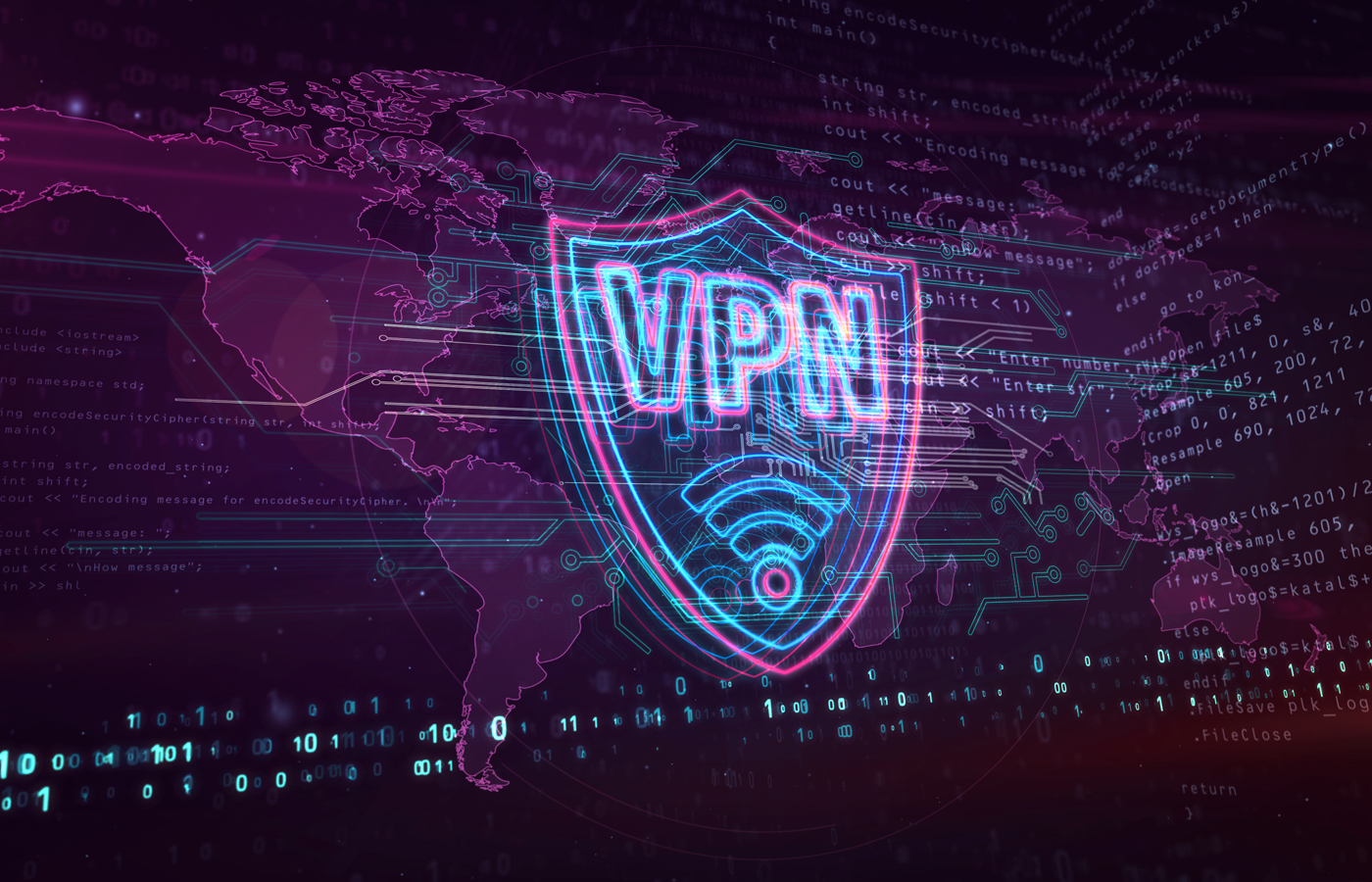
What Is the Best VPN for China, Russia, or Ukraine?
For many, VPNs enhance privacy, but for journalists and activists in restrictive regions like China, Russia, or war zones like Ukraine, a VPN can be essential for safety. These tools can help bypass censorship and enable secure communication with the outside world. However, always check local regulations, as VPN use may be restricted or illegal in some countries.
To fully anonymize your online activity, consider using the free Tor network in addition to a VPN. Unlike VPNs, which route traffic through a single server, Tor bounces traffic through multiple volunteer nodes, making tracking much harder. Tor also grants access to hidden dark web sites that VPNs cannot reach. Some VPNs, like NordVPN and Proton VPN, offer servers with built-in Tor access.
How to Get a VPN
The VPN market has grown from niche to competitive, with some services capitalizing on increased concerns about privacy and cybercrime. Be cautious—some VPNs offer little more than “snake oil,” and fake services have appeared. When looking for a reliable VPN, don’t just consider connection speeds, as these depend on multiple factors outside the VPN’s control. Instead, focus on the overall value and features offered. Helpful extras include split tunneling, multi-hop connections, and more, which add flexibility and enhance privacy when needed.
Nearly all VPN providers offer dedicated apps with user-friendly interfaces for managing connections and privacy settings. While manual configuration is possible, using these apps provides easy access to additional security features.
To ensure a VPN meets your needs, test it in various settings (home, work, school). Many services offer free trials or limited free versions, allowing you to test speeds and access before committing. We recommend starting with a short-term plan to confirm satisfaction with the service before opting for longer subscriptions. While yearly plans may offer discounts, a shorter subscription allows more flexibility if the VPN doesn’t meet expectations.
Can I Trust My VPN to Protect My Privacy?
Using a VPN means routing all your internet traffic through its servers, so trust is essential. Established companies with longstanding reputations may offer a level of reliability, though the VPN industry, being relatively young, includes some less transparent providers. At FindNChoose, we examine VPNs’ privacy practices carefully, not just their technology. We review privacy policies, consult with company representatives, and assess each company’s approach to data collection and retention.
As part of our research, we also look at where the company is headquartered and under which jurisdiction it operates. In countries without data-retention laws, VPNs can more easily commit to “no logs” policies. It’s also important to understand what information a VPN provider might disclose to law enforcement and under what conditions.
Top VPN providers maintain clear privacy policies that outline what data is collected, how it’s used, and how user privacy is safeguarded, ideally in straightforward language. We highlight these details in each VPN review to give readers a complete picture of a service’s trustworthiness.
What Are the Best VPNs for Streaming?
VPNs are often used to access region-locked streaming content, but services like Netflix actively block VPNs to enforce licensing agreements. A VPN that works for streaming today may not work tomorrow. While many users prioritize VPNs for privacy, others rely on them to unblock global content.
For instance, if you’re streaming Brooklyn Nine-Nine on a US Netflix account while traveling to the UK, you may find the show unavailable once you land. This restriction is due to licensing arrangements, where some shows are licensed only in certain regions. The best VPNs for streaming are those that stay updated with these changes and reliably unblock content across multiple regions.





